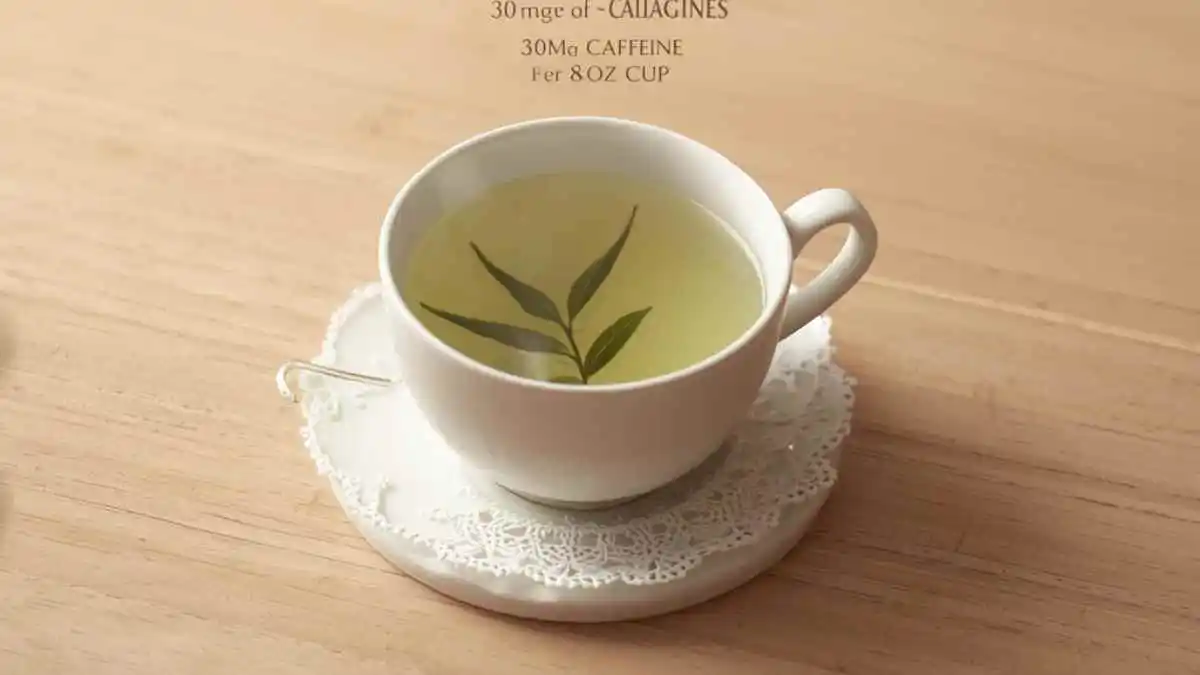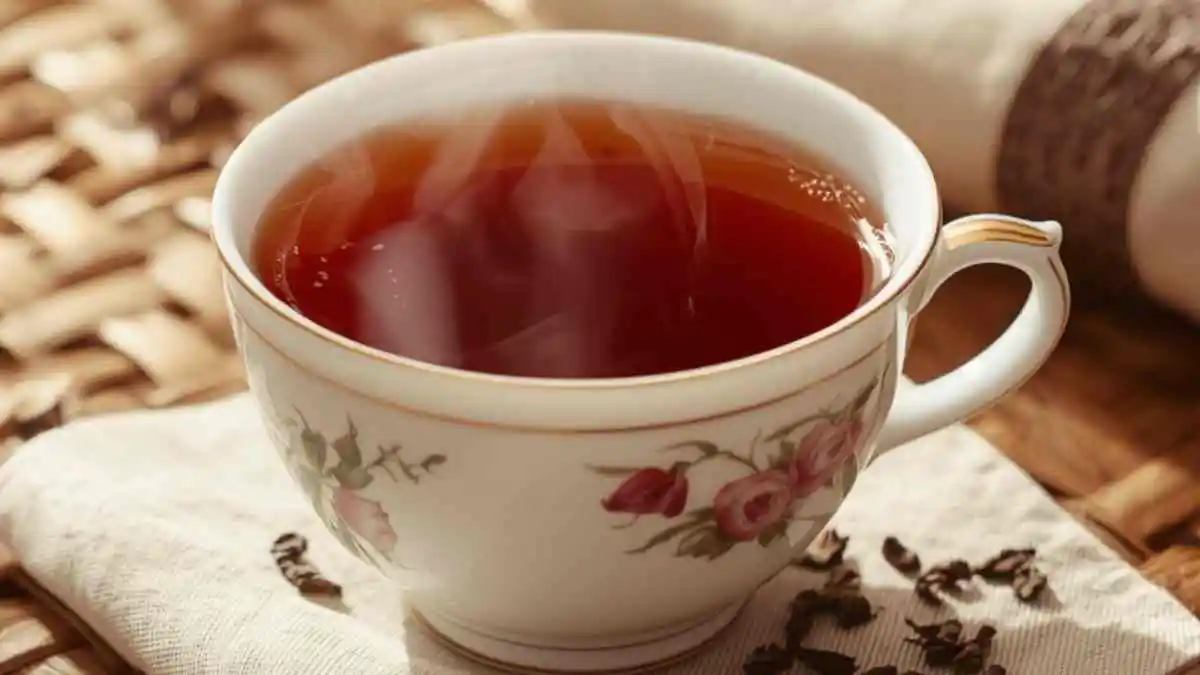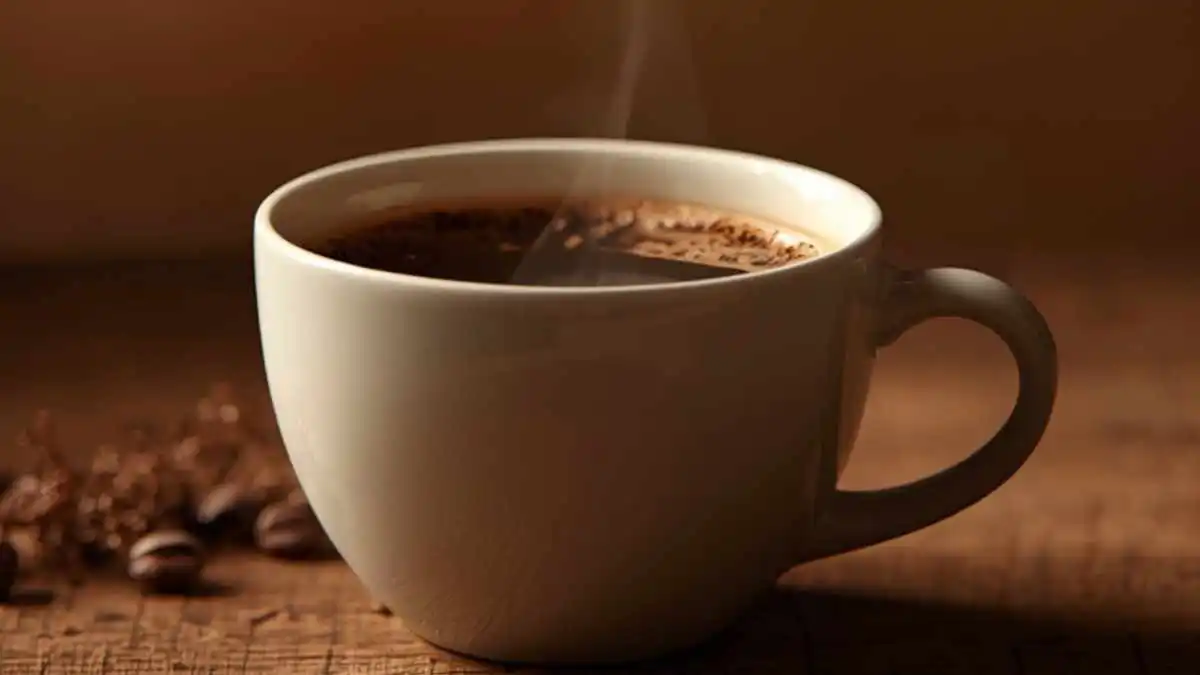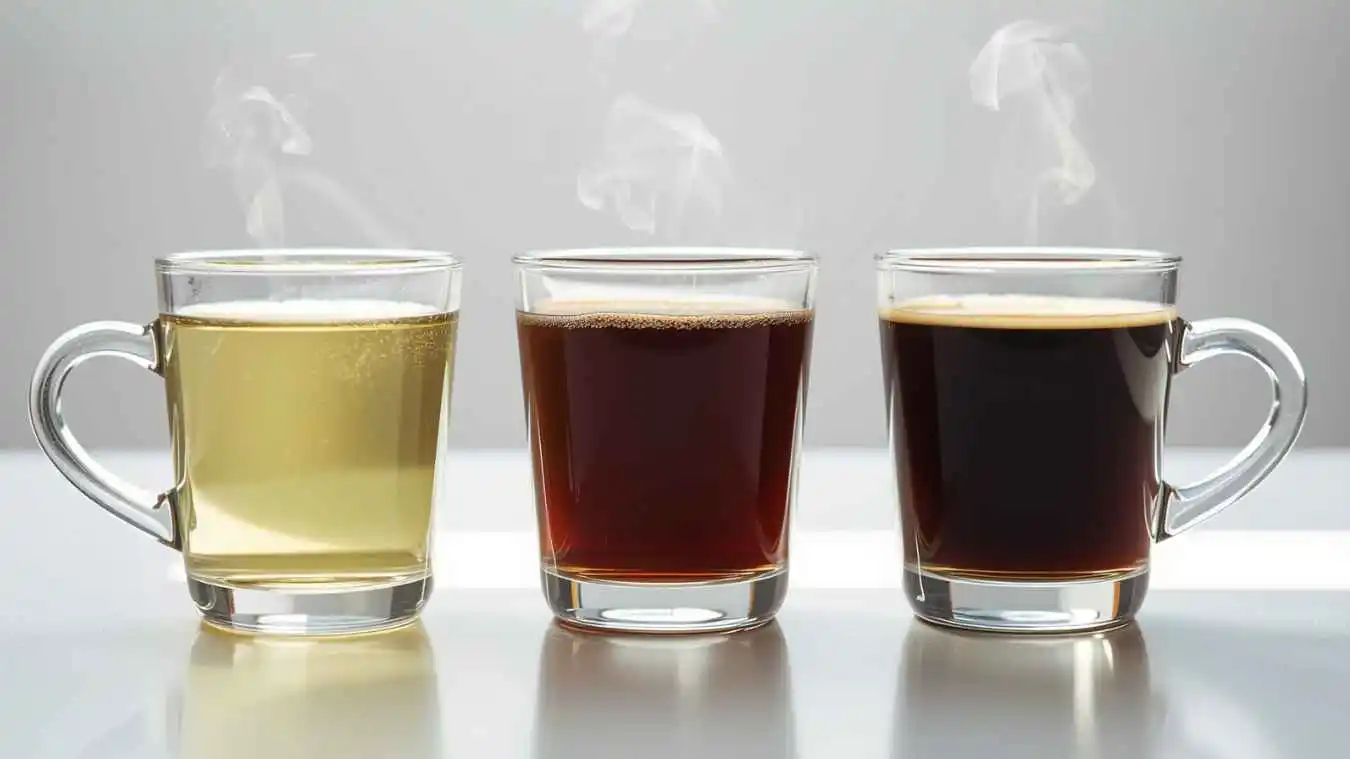Green Tea: Contains about 30-50 mg of caffeine per 8 oz cup.
Black Tea: Contains about 40-70 mg of caffeine per 8 oz cup.
Coffee: Contains about 95 mg of caffeine per 8 oz cup.
Caffeine is a natural stimulant found in coffee, tea, chocolate, and some other foods and drinks. It works by stimulating the central nervous system, which helps you feel more awake, alert, and focused.
However, the amount of caffeine in different beverages varies depending on several factors, such as the type of plant used, the method of preparation, and even the size of the serving.
Green tea, black tea, and coffee are three of the most popular beverages around the world, each offering its own unique flavor, health benefits, and caffeine content. But how do they stack up when it comes to caffeine?
Lets find more about How Much Caffeine In Green Tea vs Black Tea vs Coffee and understand how they compare.
Caffeine Content in Green Tea:

Green tea is often praised for its many health benefits, including its antioxidant properties and potential role in weight loss. But how much caffeine does it contain?
On average, green tea contains about 30-50 milligrams of caffeine per 8-ounce cup. However, the exact amount can vary depending on several factors, such as the type of green tea, how it’s brewed, and how long it’s steeped.
Factors That Affect Caffeine in Green Tea:
-
Type of Green Tea: Different varieties of green tea, like matcha, sencha, or gyokuro, can contain different levels of caffeine. For example, matcha, which is made from powdered tea leaves, typically has more caffeine than traditional green tea because you’re consuming the entire leaf.
-
Brewing Time: The longer you steep your green tea, the higher the caffeine content. A short infusion might yield a lower caffeine level, while a longer brew extracts more caffeine.
-
Water Temperature: Hotter water extracts more caffeine, so if you use boiling water to brew your green tea, it will have more caffeine than if you use cooler water.
Caffeine Content in Black Tea:

Black tea is often a go-to drink for those seeking a stronger flavor and a higher caffeine boost compared to green tea. An 8-ounce cup of black tea contains about 40-70 milligrams of caffeine on average.
Why Black Tea Has More Caffeine Than Green Tea:
Black tea leaves are oxidized, which means the leaves are exposed to air before they are dried. This process changes the chemical structure of the tea leaves, which results in higher caffeine content compared to green tea, which is less oxidized.
Factors That Affect Caffeine in Black Tea:
-
Variety of Tea: Different types of black tea, like Darjeeling, Assam, or Earl Grey, can have different levels of caffeine.
-
Steeping Time and Temperature: Just like with green tea, the longer you steep your black tea, the more caffeine you will extract. Hotter water also results in a stronger cup of tea.
Read Next: Cardio Slim Teas
Caffeine Content in Coffee:

Coffee is the most famous source of caffeine worldwide. On average, a standard 8-ounce cup of coffee contains about 95 milligrams of caffeine. However, this amount can vary greatly depending on the type of coffee bean, brewing method, and serving size.
Why Coffee Has More Caffeine Than Tea:
Coffee beans contain more caffeine than tea leaves, and brewing methods like drip or espresso extract more caffeine. For instance, espresso contains around 63 milligrams of caffeine per shot (1 ounce), while brewed coffee contains more caffeine overall per cup because of the larger serving size.
Factors That Affect Caffeine in Coffee:
-
Brew Method: Brewing methods like espresso tend to be more concentrated, with higher caffeine content per ounce, while drip coffee typically results in a milder caffeine concentration per ounce.
-
Coffee Bean Variety: Different types of coffee beans, such as Arabica and Robusta, have different caffeine content. Robusta beans, for example, have significantly more caffeine than Arabica beans.
-
Serving Size: The larger the cup, the more caffeine it will contain. While a typical cup of coffee is 8 ounces, some people may drink larger servings, which increases caffeine intake.
How Caffeine Affects Your Body:
Caffeine primarily affects your body by stimulating the central nervous system, leading to increased alertness and reduced feelings of fatigue. However, too much caffeine can lead to side effects such as anxiety, jitteriness, and trouble sleeping.
Benefits of Caffeine:
-
Improved Mental Alertness: Caffeine can improve focus, concentration, and mental clarity.
-
Increased Physical Performance: Caffeine is known to enhance physical endurance and performance.
-
Antioxidant Benefits: Both tea and coffee are rich in antioxidants, which can help protect your cells from damage.
Side Effects of Too Much Caffeine:
-
Anxiety and Restlessness: Too much caffeine can make you feel jittery or anxious.
-
Sleep Disruptions: High caffeine intake, especially later in the day, can disrupt your sleep patterns.
-
Digestive Issues: In some people, coffee can irritate the stomach or lead to acid reflux.
How Much Caffeine In Green Tea vs Black Tea vs Coffee: A Comparison Chart
| Beverage | Average Caffeine Content (per 8 oz cup) | Characteristics |
|---|---|---|
| Green Tea | 30-50 mg | Mild flavor, rich in antioxidants, less caffeine than black tea and coffee. |
| Black Tea | 40-70 mg | Stronger flavor, higher caffeine than green tea, contains tannins. |
| Coffee | 95 mg | Bold, rich flavor, high caffeine content, more stimulating than tea. |
Which One Should You Choose?
Ultimately, the choice between green tea, black tea, or coffee depends on your personal preference and caffeine tolerance.
-
Choose Green Tea if you want a mild caffeine boost with added health benefits from antioxidants. It’s a great option for those who are sensitive to caffeine or want a more relaxed pick-me-up.
-
Go for Black Tea if you need a moderate caffeine boost and enjoy a stronger flavor. It’s a great middle-ground choice between green tea and coffee.
-
Opt for Coffee if you need a strong energy kick or if you have a higher caffeine tolerance. Coffee’s bold flavor and high caffeine content make it ideal for those seeking more of a wake-up punch.
References
-
“Caffeine Content of Coffee and Tea.” Harvard T.H. Chan School of Public Health.
-
“Caffeine Effects on Health.” Mayo Clinic, Mayo Foundation for Medical Education and Research.
-
“Caffeine and Health: A Review of the Literature.” National Institutes of Health (NIH).

